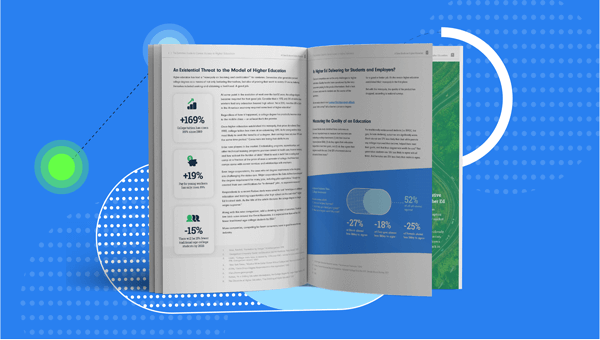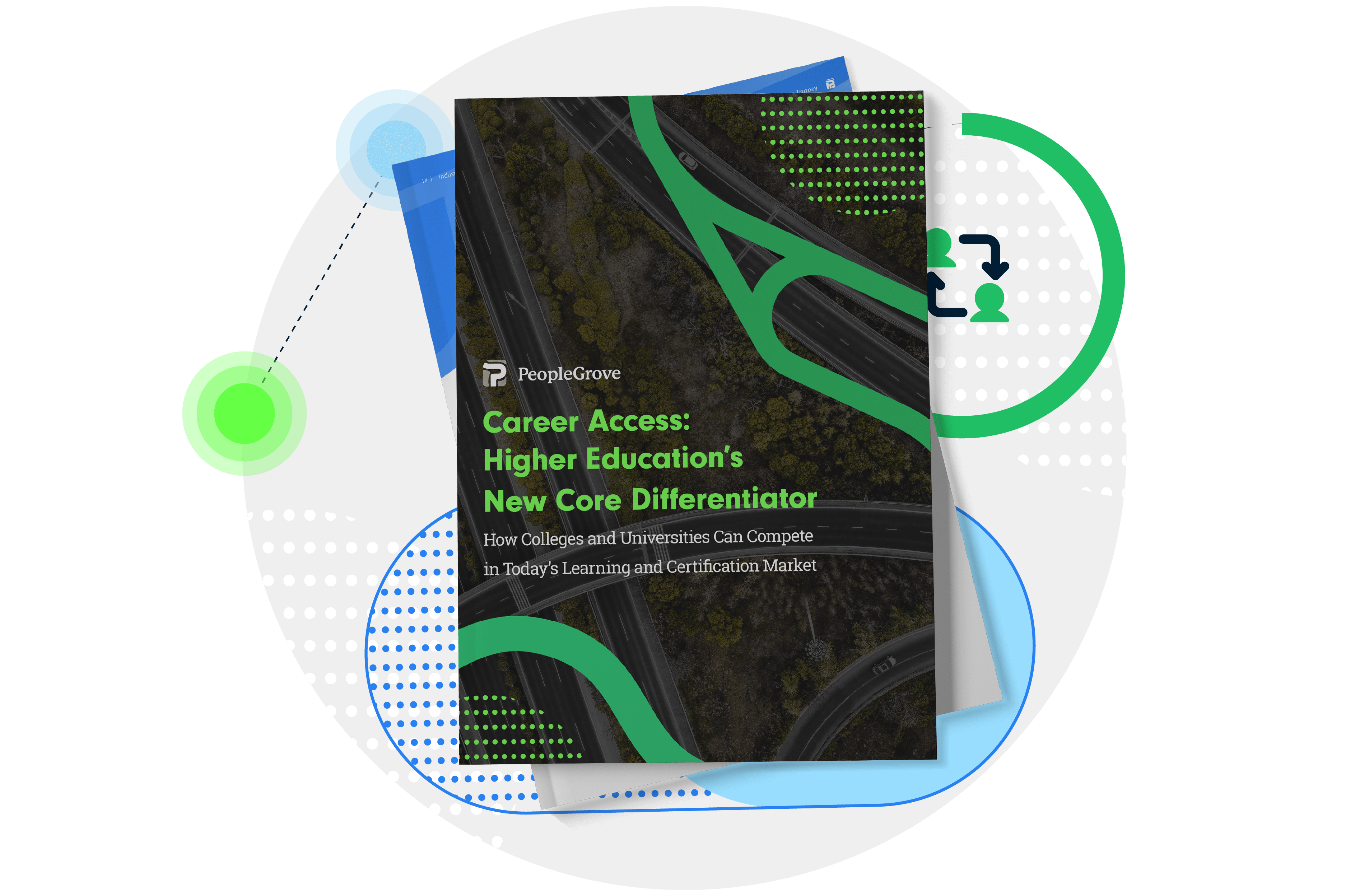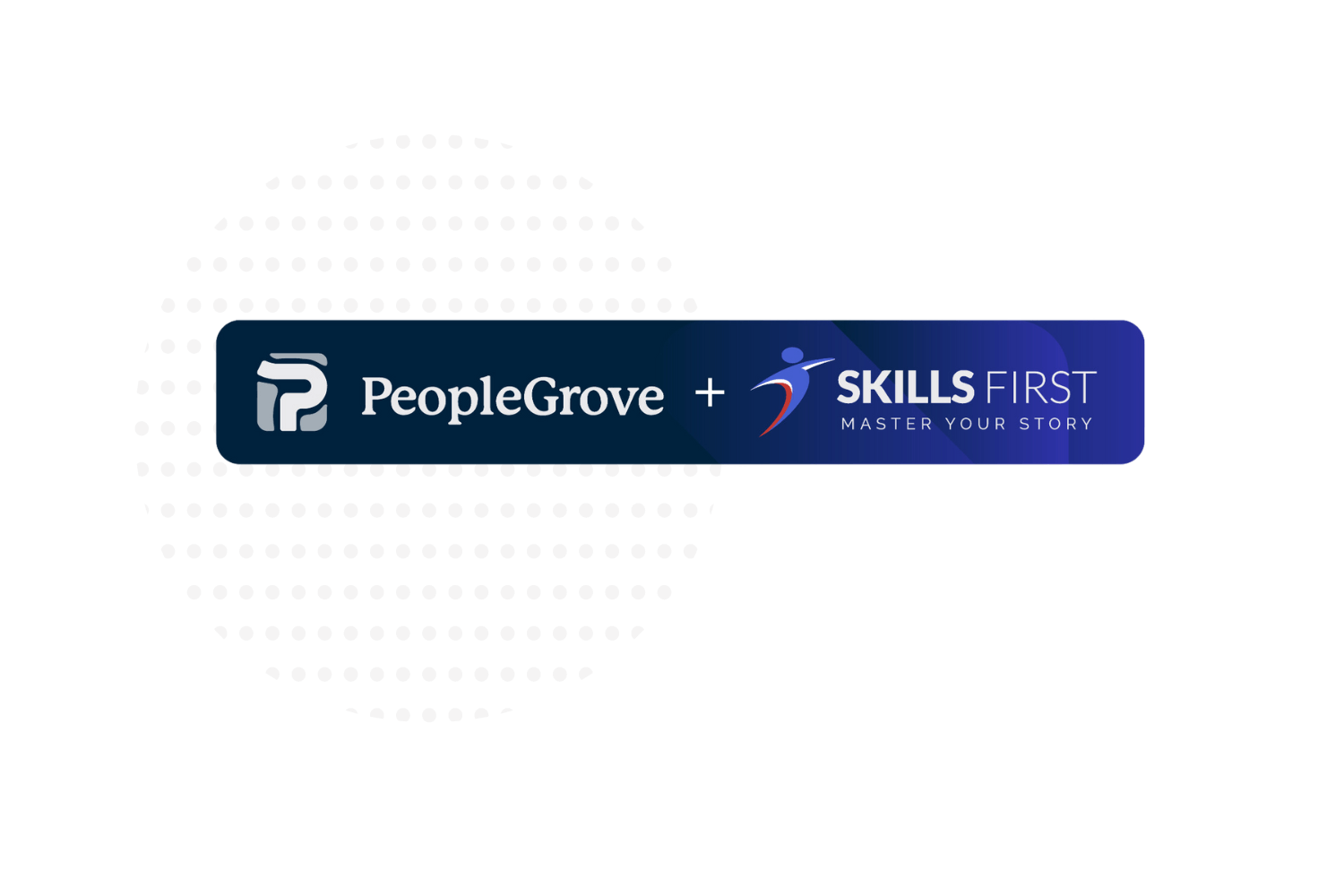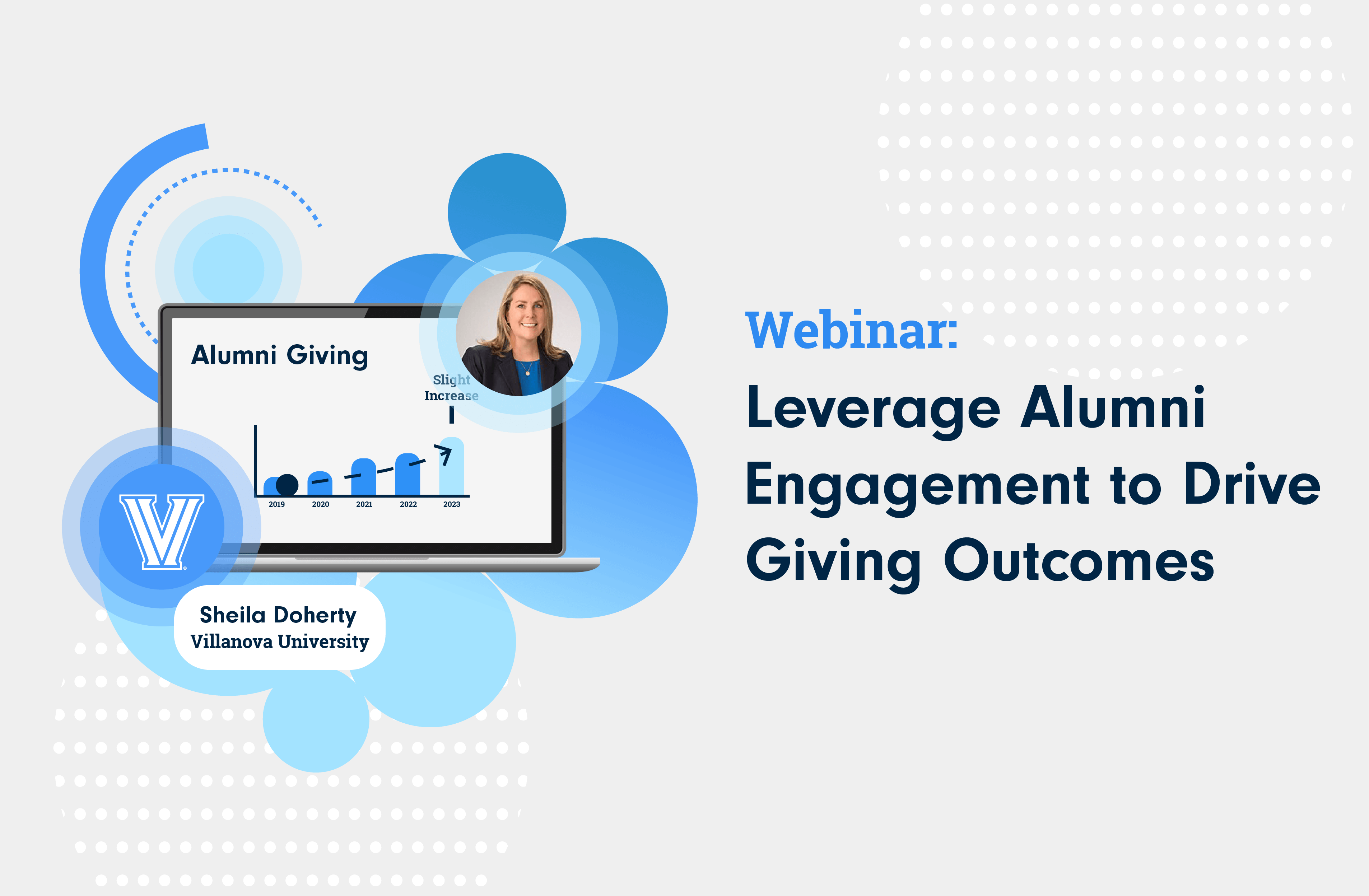The challenges facing higher ed today are not simple.
Rising tuition costs — that haven’t kept up with sluggish middle class salaries — are just one of the reasons students and alumni are questioning if the expense of college is worth it. Students pursue degrees to land jobs at graduation, but data shows they’re struggling with career confidence. Alumni want to stay engaged, but they need ways that work for them, on their time.
As both groups question if their university is doing enough to support them, university personnel are being asked to do more with less every single day.
What brings everyone together, and can be a real, viable solution, is the emerging concept of career access. Universities are already equipped to deliver this – even with their current limited resources – and it’s what students and alumni have wanted all along.
We’ve combined the latest polling on student and alumni post-COVID mindsets with results-backed strategies our university partners are successfully using to offer a path forward for higher ed leaders in our guide.

Download the Definitive Guide to Career Access for guidance on:
- Expanding career learning, high impact experiences, and social capital for learners
- Closing the new grad “preparedness gap” of critical skills the Association of American Colleges and Universities warns about
- Leveraging alumni communities to facilitate job connections and social capital
- Better preparing graduates for the workforce, per NACE guidance
- Tailoring career readiness for Gen Z learners
- Giving internship-like experience to learners who can’t afford to work for free







